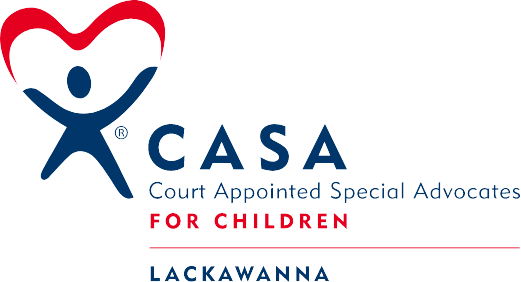FAQs
Our FAQ page provides answers to some of the most often asked questions about CASA. If you have additional questions, please email us on our contact page or give us a call.
CASA volunteers are trained advocates appointed by the Judge to help determine the child’s best interest. Court-appointed special advocates (CASA Volunteers) may be appointed to participate as advocates for children who are dependent or alleged to be dependent. CASA Volunteers shall be appointed only by the court and shall be sworn in by the court in recognition of both the importance and confidential nature of their duties. CASA Volunteers shall, at all times, be under the supervision of a CASA program which has the legal authority to operate, and which is recognized and supported by the court. The program has a written agreement with the court defining the working relationship between the CASA program and the court. CASA Volunteers may not be assigned to a case until it is determined that all preservice training and qualification requirements have been met.
Anyone may request that a CASA volunteer be assigned to a case, including parties such as a Dependency Court Master, Office of Youth and Family Services caseworkers, supervisors, or solicitors, the Child’s and/or family’s attorney or other human service agencies. However, only a Family Court Judge can assign a CASA volunteer to a case.
Each volunteer is subject to a thorough screening process, including background checks, interviews, and thirty-two hours of initial training where volunteers learn about the human service system, the juvenile court, and issues such as substance abuse and mental health as well as the special needs of children who are involved in abuse and neglect cases.
After being sworn-in by the Judge as official CASA volunteers, they must complete at least twelve hours of additional in-service training each year.
CASA volunteers have a court order giving them access to all documents that relate to the child in the case. CASA volunteers should be invited to all meetings regarding the child and should be notified any time a child is to be moved.
CASA volunteers must take an oath before the Court that requires them to fulfill the roles assigned to them and to do so while respecting the confidentiality of all information and/or reports revealed to them.
CASA volunteers are trained to only share information with direct parties to the case and only the direct parties to the case will have access to review the CASA reports submitted to the Judge.

